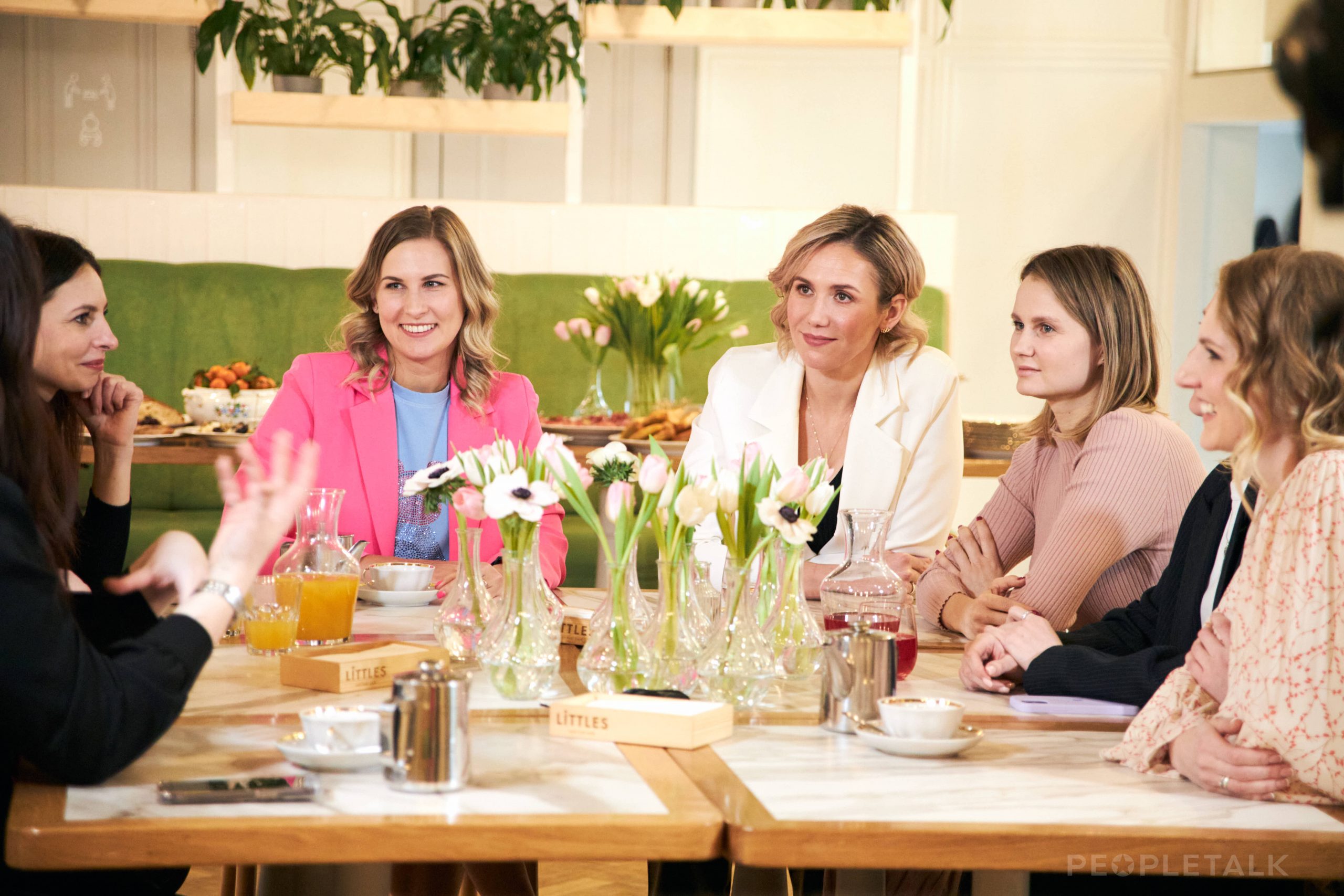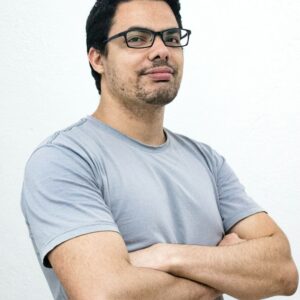The frequency of our meetings with Olympic athletes only makes the editors of The Fashion Vibes and our readers who follow the sports arena very happy.
So, a year ago, we got together for an interview with seven-time Olympic champion Svetlana Romashina, and she kindly hinted that she was ready to end her career:
“I have seven gold medals – I have achieved my goals in sports.”
And now we were destined to meet once again with the most titled athlete in the history of synchronized swimming (after the official announcement of his retirement), only in an informal setting – at the “Motherhood and Sport” Olympic Committee event. He was accompanied by eight other Olympic champions with his daughter and children. And given how many times we had to watch them and worry about them at international competitions, if we were already accustomed to expressing maximum concentration on their faces, then we had to adapt for a long time to the manifestation of maternal feelings and frank stories about pregnancy. . The fact is that in the framework of the roundtable, the titled athletes told personal stories about fate and, perhaps, the most difficult decisions in their lives – the end of a career, as well as the difficult moments of motherhood.
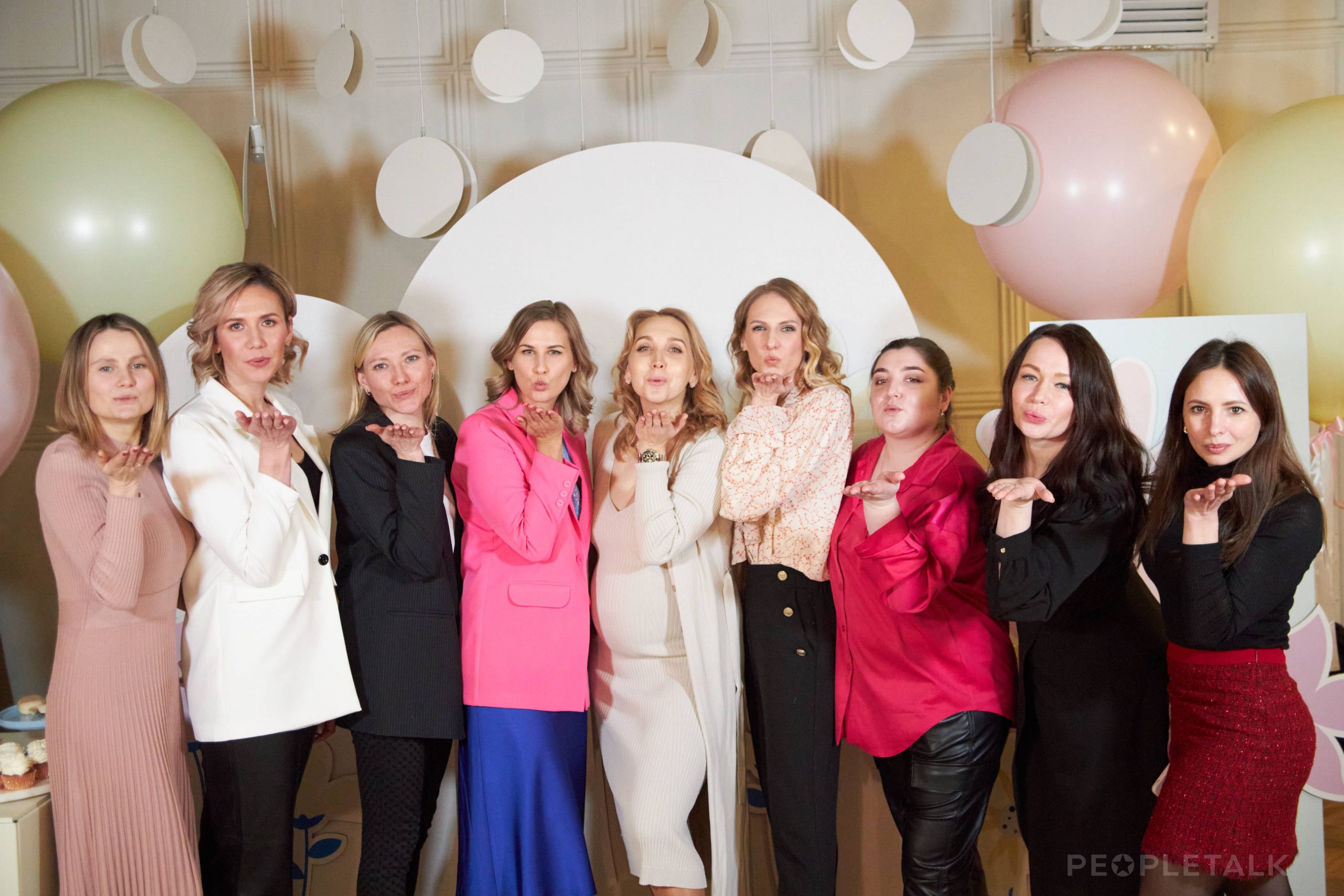
First of all, it is worth admitting that the presence of children at the event creates a special atmosphere. And the conversation became much more relaxed when the son of the skeletonist Olga Denshchikova abruptly interrupted the conversation to clarify some trivial things, and the daughter of Lada Zadonskaya suddenly decided to feed her mother. After all, the main topic of the conversation is right in front of you – it creates chaos and displays its infantile spontaneity.
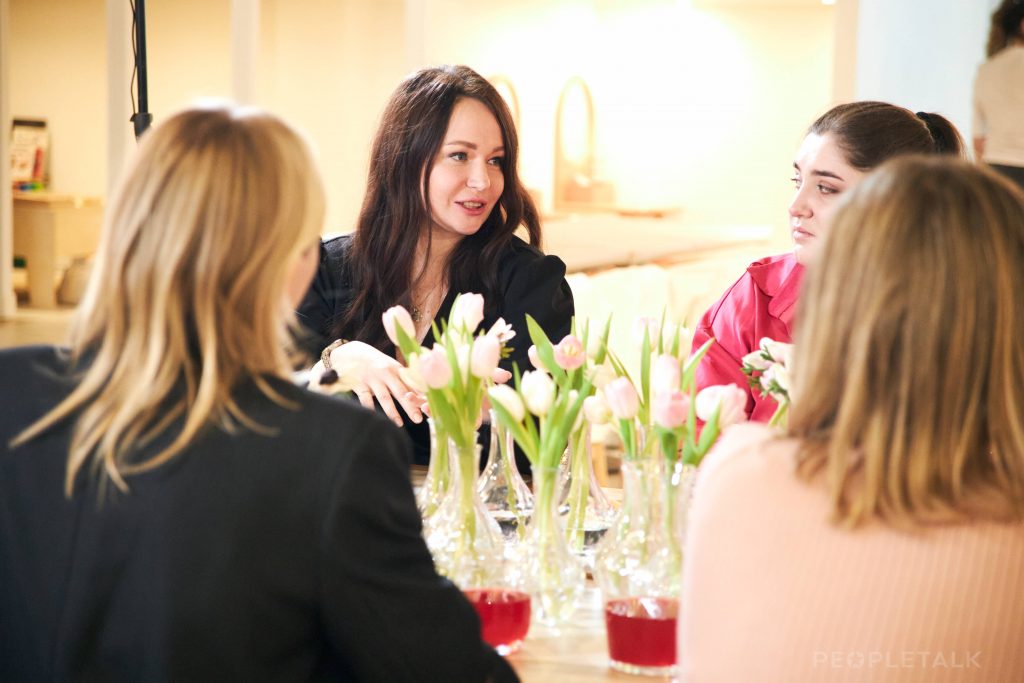

“It turned out that I was not allowed to participate in the Olympics in 2018. And since my husband is also an athlete, we decided to get married on February 14 in Sakhalin, after which I sent him to the Olympic Games and stayed at home. I was in such a borderline situation back then – to end my career and start a family or move on? We thought together, we decided that we rarely see each other, so I will continue anyway. So, in September we had a joint training camp in Sochi (very productive), then I went to Austria to buy equipment and I realized something was not right. The wake-up call for me was when I climbed the carousel and started to feel nauseous, which is not typical for me. Then I flew to Moscow and found out that I was pregnant. There has been both joy and confusion since the season started and I looked ready to fight. But after giving birth, I still decided to go back. I missed a year and flew to Sochi for the second time for the Russian Championship, after returning I found out that I was pregnant again. So, it turns out that I was already pregnant without my knowledge. Here I have already made a landing, finished my career, put an end to it.
Participant of the 2014 Sochi Olympics, skeletonist Olga Denshchikova (Potylitsyna)
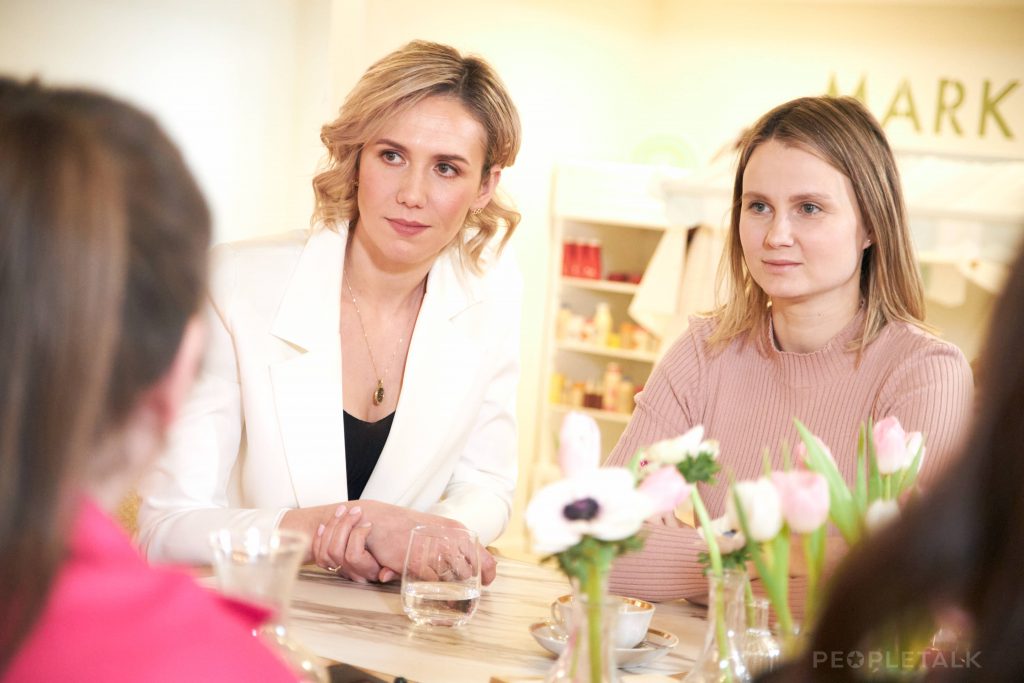

“I am a man of plans. For me, I knew clearly that this was not the history of the Olympic cycle. When I was planning pregnancy, I was sure that I had finished my sports career, this was after the 2017 World Cup and I clearly knew that my time to be a mother had begun. I didn’t expect everything to be faster, I just lived it the way I did. I had absolutely no intention of continuing my career after I got pregnant, I decided to go on maternity leave and knew what to do after sports. It can be said that I have a place of work, I parted with extremes. But when I was watching the 2019 World Swimming Championships with a four-month-old baby, I realized I had to be there. And four months later I started training and six months later I was on the roster.
Recovery was so difficult, I cried and recorded myself in a video that I said I would watch the next time I won the Tokyo Olympics. I couldn’t do partitions, I couldn’t do anything. But it all worked out in the end, and now, when it’s very, very difficult for me, I open this video and think, “Well, in that case, if I could, then everything else is bullshit.”
Three-time Olympic champion in synchronized swimming Aleksandra Patskevich
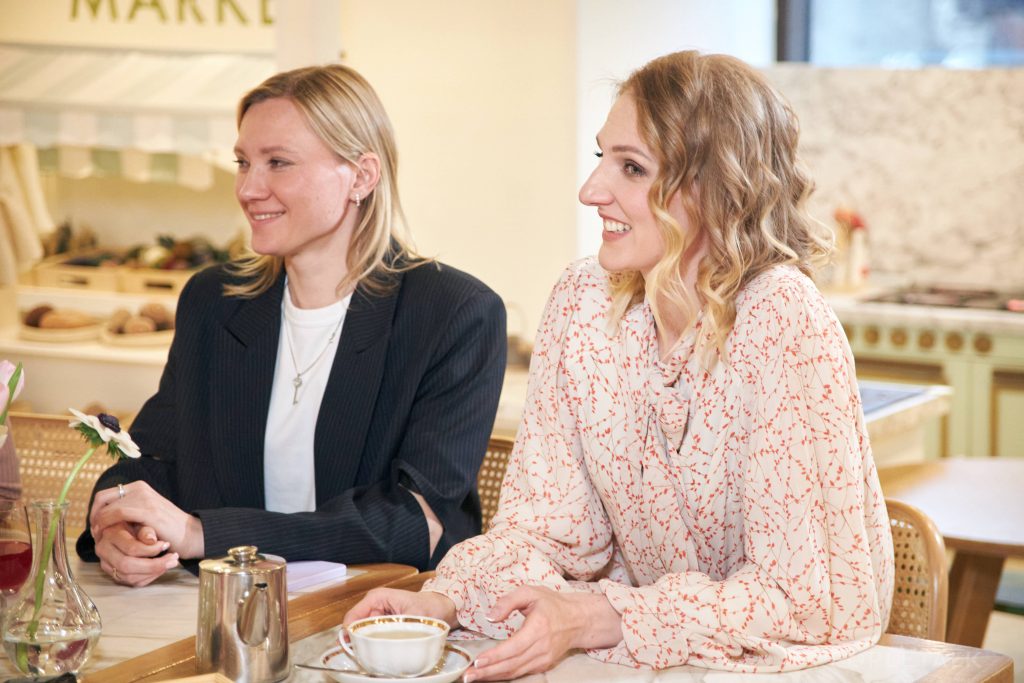

“After London (in 2012, the Summer Olympic Games were held in London – ed. note), they were already waiting for me at home, but at that moment I realized that I was not swimming yet. Then they gave me another four years as we all live according to the Olympic cycles. And when this period passed, it became clear that now was the right time. Everything went well for me to continue my sports career: I got pregnant pretty quickly, the pregnancy went smoothly, and after that I started thinking about other competitions.
I can’t say it’s hard to come back. Even though I didn’t do anything during pregnancy, I put ice cream on my stomach and just ate it. I started training when the kid was 10 months old, and that’s when I realized that the main thing I lost was flexibility in the back. At the same time, my body felt so good and knew what to do that I did not experience any particular difficulties. I lost weight very quickly. In the first year after birth there was the world championship, I did not notice anything for myself in terms of physical fitness, everything was easy for me, but of course it took strength for the child not to sleep.
Svetlana Romashina, seven-time Olympic champion and 21-time world champion in synchronized swimming
It is worth noting that not everyone is so easy on the way to recovery and return to sports. As gymnast Aliya Mustafina admits, it was difficult for her at first to do “the usual kip-ups that five-year-olds do on uneven bars” after pregnancy.
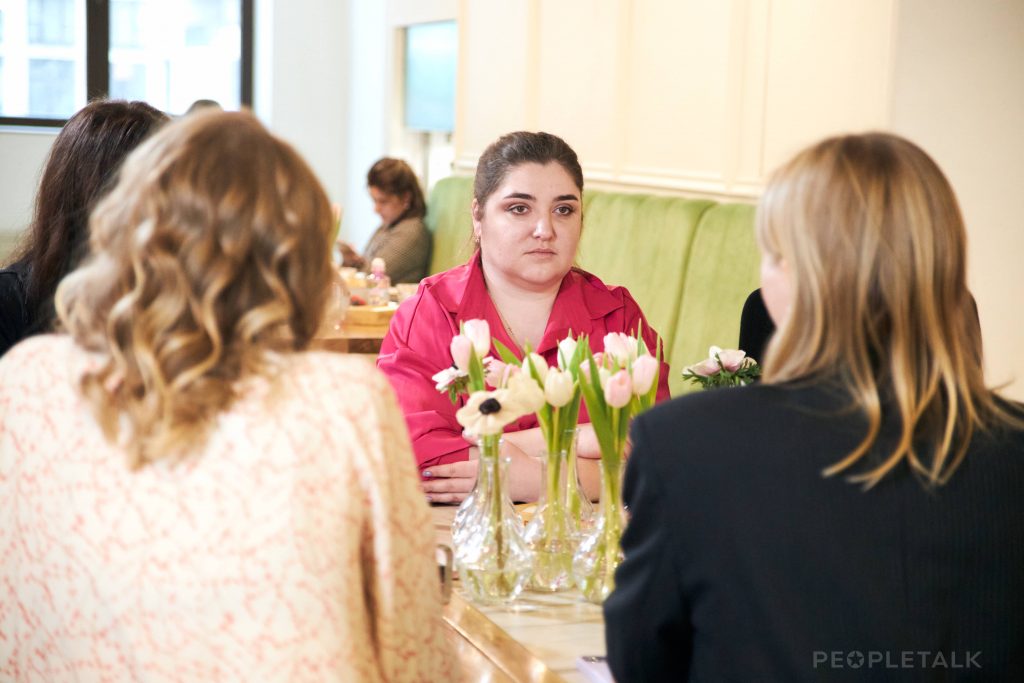

“My pregnancy was conscious and purposeful. After the Olympics, I did not train specifically, I prepared for it.
But as soon as I stopped breastfeeding three months later, I went back to the gym. I can’t say I’m bored. I had one goal – to return after giving birth. My mother tried to dissuade, and my father said: “Come on, let him try.” It was physically demanding because gymnastics requires very good physical shape. Moreover, when performing the most difficult elements, the coach initially insured me because I could not do the usual kip-ups in the bars that five-year-olds do. But I soon got in shape, remembered all the elements, and competed at the Russian Championships in March. When there is a goal, it’s easier.
Two-time Olympic champion in rugged bars, gymnast Aliya Mustafina
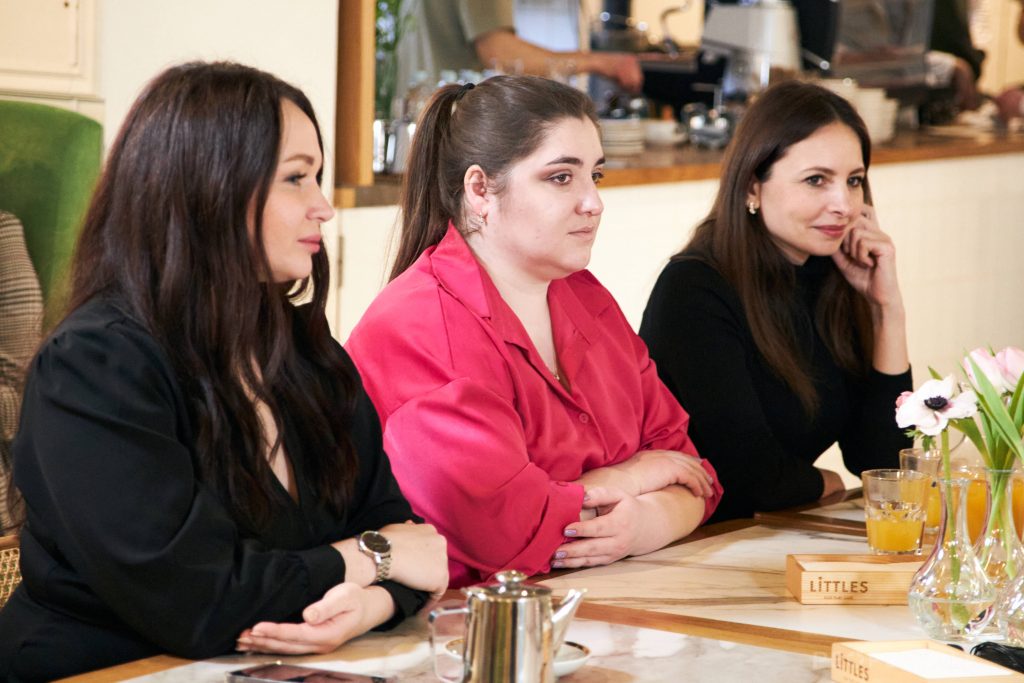

“Like many others, I got pregnant after the winter cycle. The Olympics were held in Sochi and at that moment I realized that I needed a break. I was very tired, I had to change something. So I knew the time had come, and in October my daughter was born.
During my pregnancy I didn’t train, I didn’t do anything, I was in power saving mode. But I started training in the third month after giving birth. I remember how I got on the ice, tied my overalls and still had milk. The first start was held in Moscow in August, and the second in Chelyabinsk. Performing during the first year was more difficult for me. The second year got easier and my daughter started traveling with me because it was very difficult for me to break up with her. I decided to take him with me to all summer training camps and even some competitions. It’s great to have such an opportunity in our sport.”
Lada Zadonskaya, member of the Olympic team in speed skating
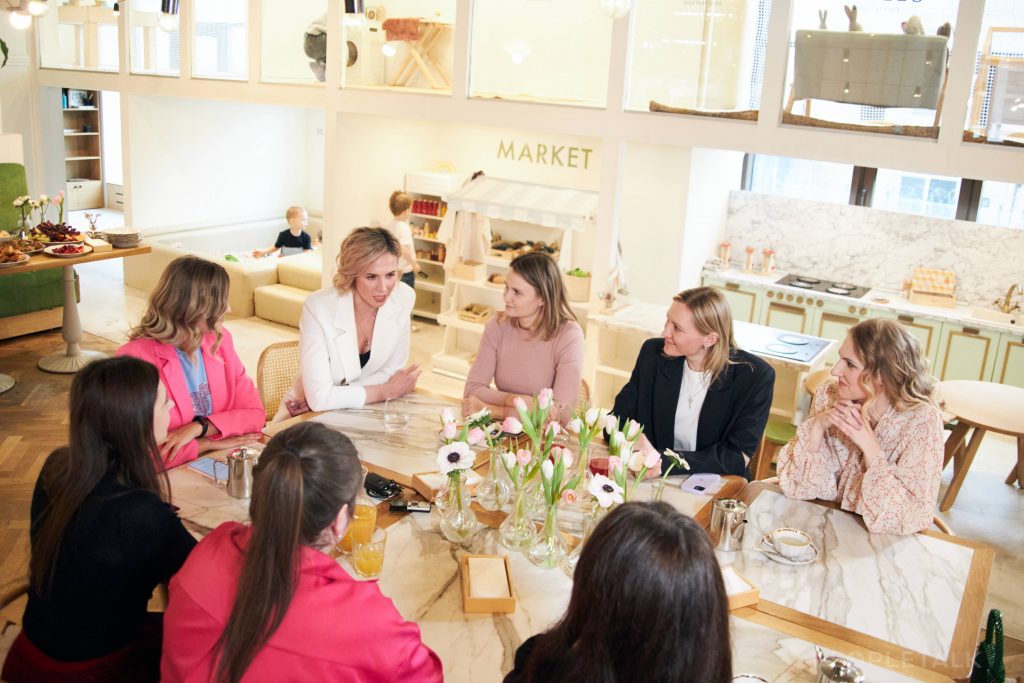

“After the winter cycle, I got pregnant too. It seems to me that personal life suffers a lot because we want to achieve something in sports, it seems to us that we have not won enough yet, we have not won everyone, we have not said everything, so we need to find the right moments. It just so happened that the rhythm calmed down a bit and I thought it was probably time because I’ve been thinking about this for a long time, but I’ve been putting it off. When the child was born, I had already finished major sports and started working in a completely different field. True, then he returned to sports. The first competition after pregnancy took place when Feda was eight months old. It was very difficult for me as I did not train for almost the entire pregnancy. But the body remembers everything very well, everything unnecessary quickly disappeared because I was breastfeeding, watching my diet to avoid allergies and other reactions. The muscles lost their shape, I felt that the body was a little weak, but the training helped, in the first season I was already in good shape.
Of course, after the birth of a child, everything is perceived in a completely different way. When you go to a training camp and you sit there and the child is not at home with you, it is difficult. At the same time, performing has many advantages and it supports you. “Mom!” from the podium. shouting gives strength.
Two-time European curling champion Lyudmila Privivkova
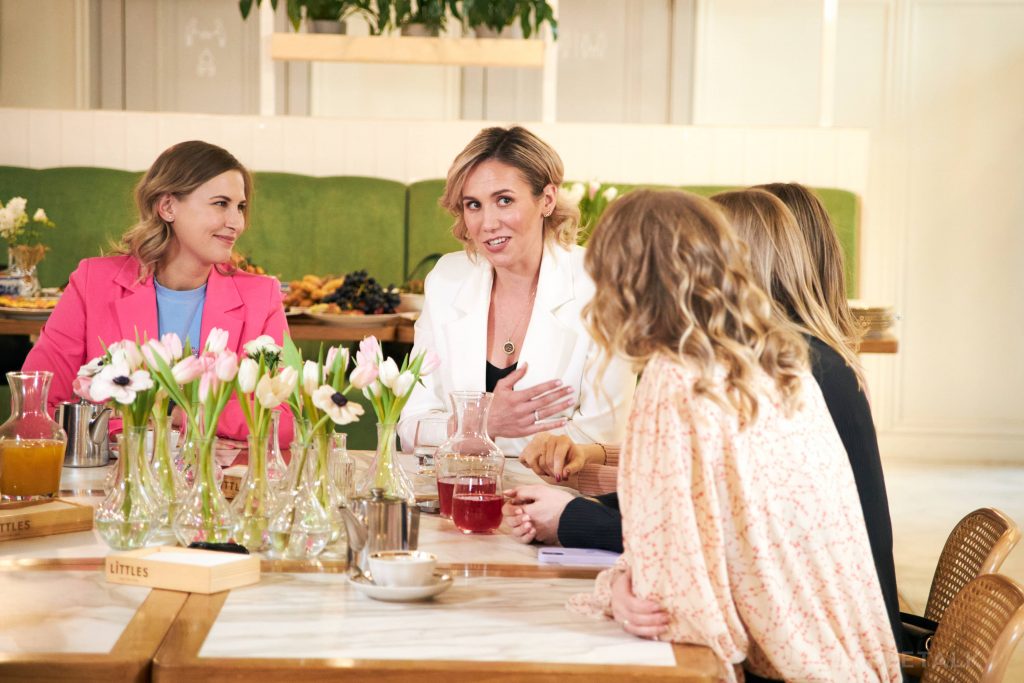

“I got pregnant twice. Of course it was scary because we don’t know how the same jumps will affect the child. Like it or not, you do things more slowly and people who know you in a normal situation notice the changes. But it was hard for me to talk about it. In the end, all this affected the result. When everyone found out, they somehow took it more calmly than I did. Only the coach was worried. I swam until the last week before giving birth. Apparently, therefore, the son was born prematurely at 35 weeks. I would just keep running and jumping. And when I became pregnant, I did not seriously think that I would return. I wanted to but it wasn’t clear. But I still got bored during the decree.
But in the case of the second pregnancy, I tried to act as carefully as possible. I was worried, waiting that I was about to give birth.
Anastasia Fesikova, vice-champion in swimming of the 2012 Olympic Games
All over the world, sports are recognized as one of the most powerful platforms for women’s self-realization. And if before meeting with the athletes it seemed to us that there was still something impossible in this world, they proved the opposite.
Source: People Talk
I’m Roger Gritton, and I’ve been writing for the The Fashion Vibes for over 5 years now. My specialty is beauty news; I’m passionate about covering the latest trends, products, and innovations in the industry. In my time there, I’ve become known as an authority on all things beauty-related.
I love discovering new experts to interview, researching up-and-coming ingredients and techniques that are making their way onto our beauty shelves and highlighting people who are making a difference in the world of cosmetics. My work has appeared not only on The Fashion Vibes, but also several other publications including the New York Times Magazine, Allure Magazine and Refinery29.

